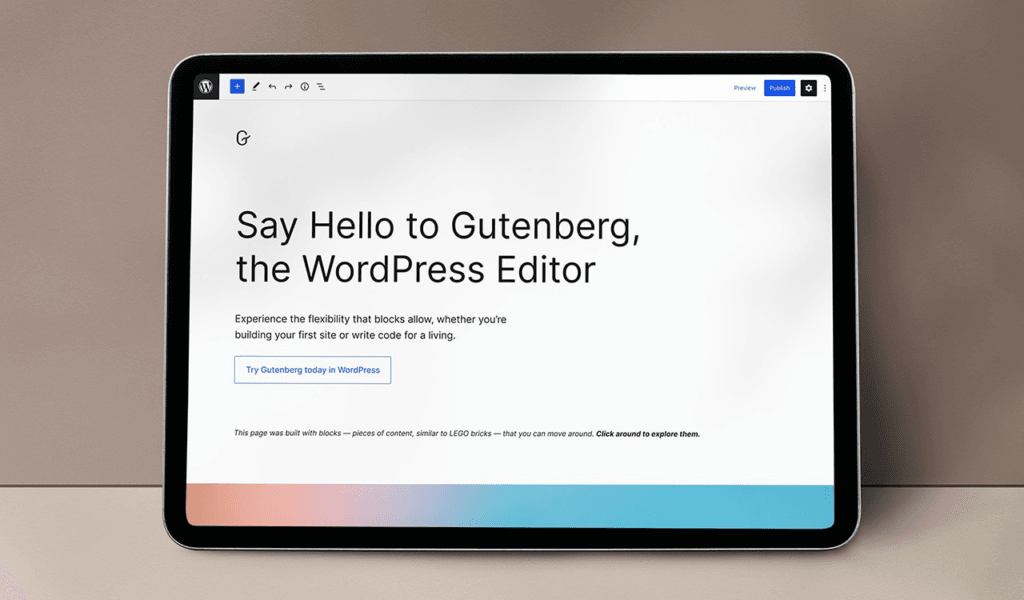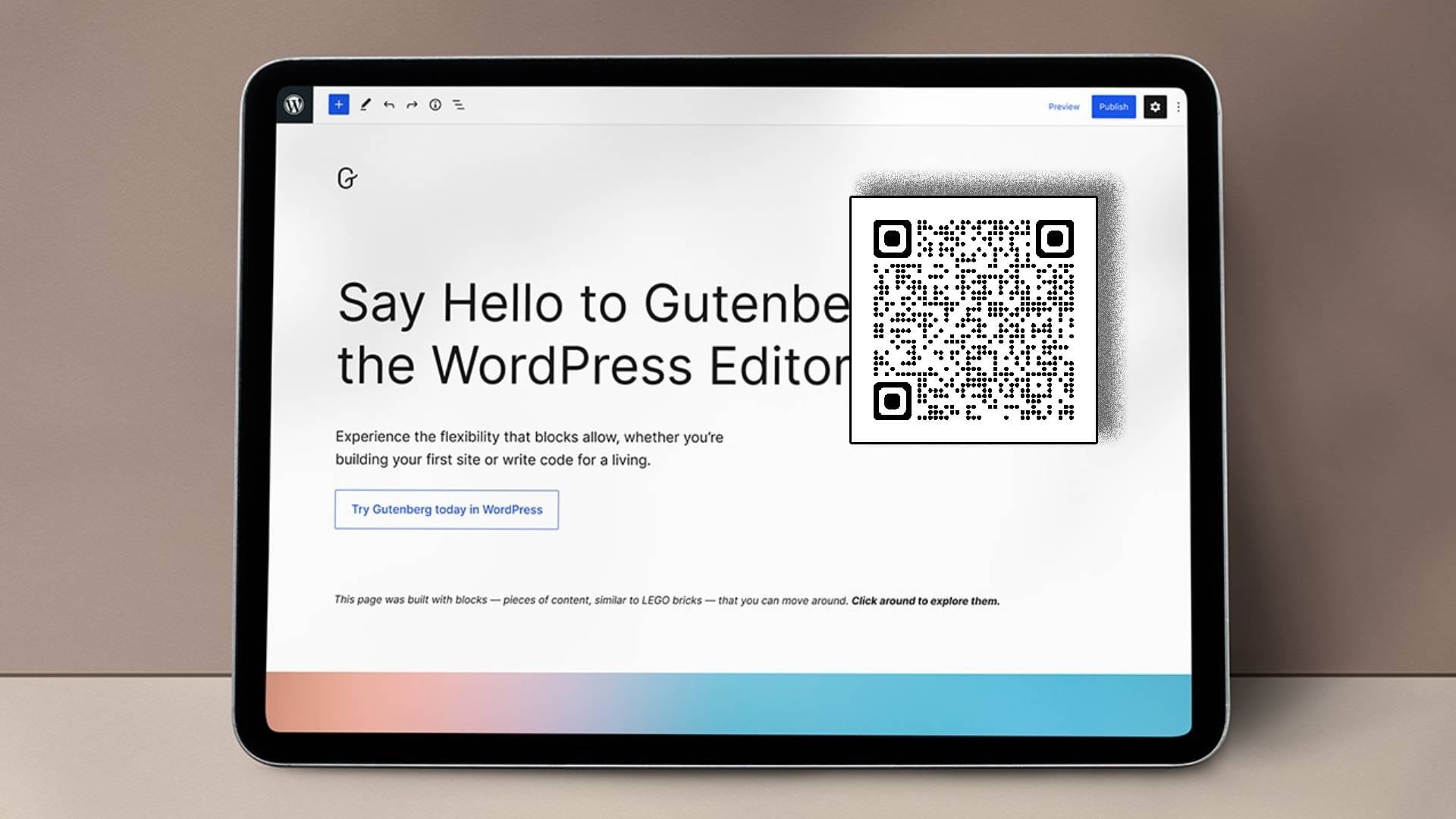Looking for the best Gutenberg block plugins and page builders for WordPress? This updated 2024 guide provides a detailed comparison of the top options available today.
I’ve rounded up a variety of Gutenberg plugins, ranging from simple ones that offer essential blocks to specialized plugins with unique features, all the way to comprehensive solutions that provide complete block sets, styling libraries, and advanced customization options.
What sets this guide apart is the contextual comparison, allowing you to easily see how each plugin stands out. With so many claiming to be "the ultimate" Gutenberg plugin, finding the right one can be challenging.
Let’s cut through the noise and discover which Gutenberg page builders truly deliver!
Why Gutenberg is the Future of WordPress – 2024 Update
The Gutenberg hate criticism will (soon) go away.
Despite initial backlash, Gutenberg is becoming an integral part of the WordPress ecosystem. While users have complained about its usability, forced adoption, and differences from traditional page builders, there’s no denying one important fact:
Gutenberg is evolving!
And in ways we didn’t anticipate. Its standardized code structure now allows plugin developers to create their own third-party interfaces on top of Gutenberg, offering a level of flexibility that wasn’t possible before.
So, for all those who preferred using page builders like Elementor over Gutenberg – you can still enjoy the benefits of alternative interfaces within Gutenberg's framework.
This is what critics missed from the start. The real frustration wasn’t with the quality of Gutenberg's code or the functionality of its blocks – it was with the editor interface. Now, Gutenberg's evolving flexibility means users can leverage different UI layouts without sacrificing its core advantages.
Gutenberg’s Feature Growth
The innovation doesn’t stop there. With new features constantly being added to the Gutenberg editor, what seemed unnecessary before is now becoming essential. These updates are game-changers, pushing the limits of what WordPress editing can be.
As an early fan of Gutenberg, we're thrilled about these developments. It's already an indispensable tool for building websites, and it just keeps getting better.
Understanding Gutenberg Blocks – And Why You Might Not Need Other Page Builders
Before diving into comparisons, let's clarify what Gutenberg is for those unfamiliar.
Gutenberg is the default editor for WordPress, offering a range of built-in blocks like paragraphs, headings, columns, and media embeds. These blocks allow users to build content piece by piece with customizable settings for fonts, colors, spacing, and more. It provides a modular way of building pages, enabling even non-technical users to create custom layouts without relying on complex code.

If you’re satisfied with the default blocks, that's great! But for those looking for more advanced features, third-party plugins can extend Gutenberg’s functionality, adding additional blocks, advanced design options, and more control over the appearance of your site.
Types of Gutenberg Block Plugins
There are various types of Gutenberg block plugins available:
- Basic Block Plugins: These provide essential blocks to help you build most websites with ease.
- Specialized Plugins: These offer unique or specialized blocks tailored to specific needs, such as advanced styling or custom functionality.
- Comprehensive Plugins (Page Builders): These plugins offer a vast collection of blocks, templates, and style libraries. Some even feature their own user interfaces, allowing you to work outside the standard Gutenberg editor. These are often marketed as "Gutenberg Page Builders."
The beauty of Gutenberg plugins is their compatibility. Unlike traditional page builders like Elementor or DIVI, which don’t mix well together, you can use multiple Gutenberg plugins side by side. This opens up a world of possibilities for mixing and matching features to suit your needs.
Gutenberg Block Plugin Labels
You may come across different labels for these plugins, such as:
- Gutenberg block plugin
- Gutenberg block library
- Gutenberg addons
- Gutenberg page builder
Ultimately, they all enhance the default Gutenberg editor by adding new blocks, features, or design capabilities.
In summary, Gutenberg's evolution continues to impress, with more flexibility, functionality, and third-party support than ever before. It's no wonder it's cementing itself as the future of WordPress site-building. Keep exploring these block plugins to see just how much potential Gutenberg holds!

